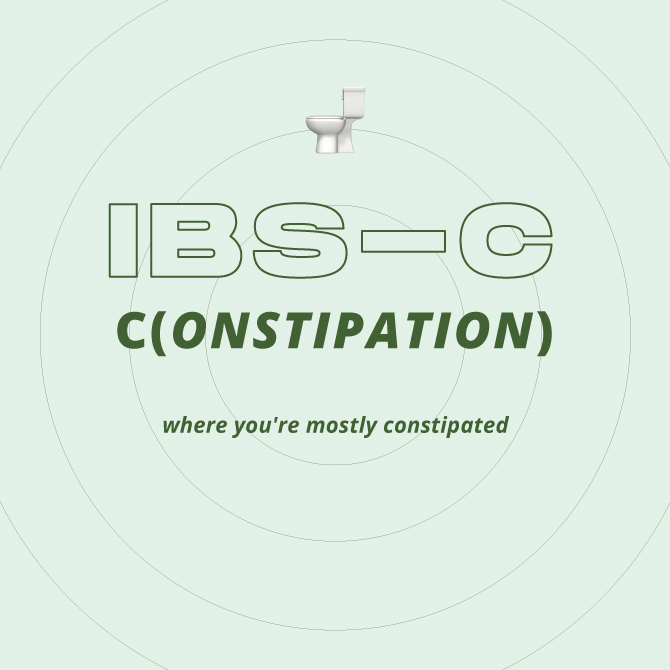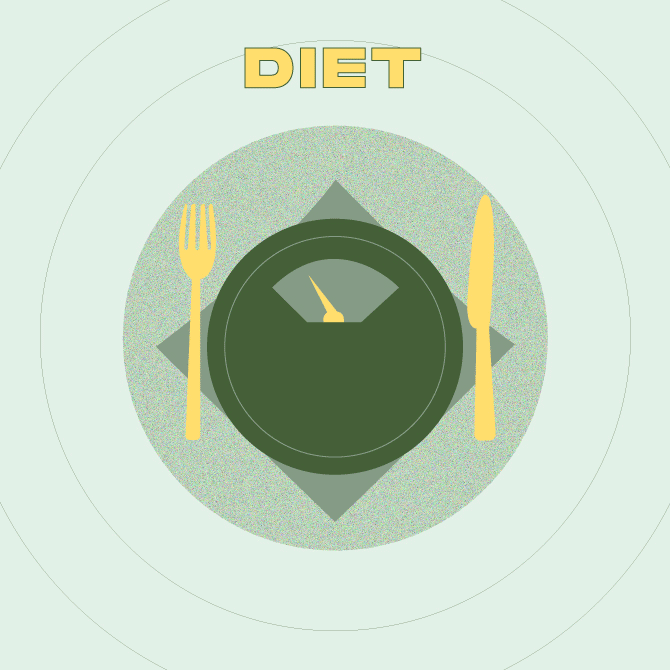Irritable bowel syndrome: What is it and do I have it?
Tummy hurts

In honour of World Health Day, we’ve launched BURO Health Week, where we’re empowering you with the critical knowledge you need to stay on top of your health. For today’s instalment, we delve into that gut feeling you’ve been having (PSST: It’s IBS)…
You may have heard of irritable bowel syndrome (IBS)—it’s the gastrointestinal (GI) disorder that causes all sorts of mischief within your poor belly. Constipation and diarrhoea are just the beginning; there are lots of signs and symptoms that make this condition so characteristically difficult to deal with.
IBS is complex and widely misunderstood—so, to get some deeper insight, we spoke to gastroenterologist Dr Tee Teong Jin from Sunway Medical Centre Velocity for advice that will come in handy for any of you who may be suffering from this condition.
To start us off, let’s answer the age-old question:
What is Irritable Bowel Syndrome (IBS)?
“IBS is classified as a syndrome; it is a functional disorder, which means that there are no obvious visual signs of illness, and it doesn’t cause permanent damage to the intestine,” says Dr Tee.
It is not to be confused with Inflammatory Bowel Disease (IBD)—we know, very similar acronyms, very different ball games. IBD is far more sinister—it’s an actual disease that manifests as the inflammation of the bowel wall. Also, it could cause permanent damage to the intestines (it’s a risk factor for colon cancer), and it has to be treated with anti-inflammatory drugs and surgery.
But, back to IBS—the symptoms of IBS include “altered bowel habits”, which is a really fancy way of saying diarrhoea, constipation, or (if you’re particularly unlucky), both at the same time!
It doesn’t end there either; apart from the poo problems, the disease is also characterised by “chronic or recurrent abdominal pain or discomfort (usually in the lower abdomen)” and “bloated abdominal distention”.
There are three kinds, based on the symptoms you exhibit:

According to Dr Tee, “the disorder affects around 15 per cent of Malaysians, and between 10 per cent to 15 per cent of the Western population.”
“Younger individuals (25-45 years of age) are more likely to report IBS symptoms as compared with older individuals,” he says.
The specific type of IBS you have can also be dependent on your sex. Dr Tee explains that “women report IBS symptoms more often than men. In particular, women with IBS tend to experience more symptoms of constipation and abdominal discomfort, especially bloating, whereas men with IBS report more symptoms of diarrhoea.”
What causes Irritable Bowel Syndrome?

Well, to put it simply—pretty much everything.
“IBS is the result of a complex interaction between psychosocial and physiologic factors via the brain-gut axis,” says Dr Tee. This means that anything from “genetics, environment, diet, stress, intestinal microbiome, low-grade inflammation, gut dysmotility, and disturbances in the neuroendocrine system of the gut” can lead to the development of IBS.
Okay, this sounds like me. How do I get checked out for Irritable Bowel Syndrome?
It’s really simple, as it turns out. According to Dr Tee, IBS can be diagnosed based on symptoms without additional testing beyond a careful history, general physical examination, and routine laboratory studies in patients who meet the Rome criteria.
Just make sure that you’re keeping an eye out for any “alarm features” that may indicate more dangerous diagnoses. These include black stools, blood in your stool, low red blood cell count, weight loss and a family history of colon cancer or IBD.
If you do notice any of the above, head for a gastroscopy and colonoscopy ASAP.
How do I fix Irritable Bowel Syndrome?
The bad news is, there isn’t really a cure.
However, the good news is that treatment is just a matter of lifestyle modification and symptom management. The other bad news is that it does mean you’re probably going to have to give up a few of the things you love the most.
So, what are you going to need to purge from your life? To start, you’ll need to cut the sedentary lifestyle. It’s all about including moderate or vigorous exercise (if you can) in your daily routine.

Next, you’ll have to work on adopting a well-balanced diet. Dr Tee says that there are a few foods that seem to exacerbate the condition according to patients, including “milk and dairy products, wheat products, onions, peas and beans, hot spices, cabbage, certain meats, smoked products, fried food, and caffeine.” Yes, he did just list all of your favourite foods. To make it easier, try leaving out one problem thing at a time and see how it goes. You might get lucky and find that you just have to cut out one thing as opposed to the whole lot!
Finally, working on reducing the stress in your daily life, and getting plenty of sleep is your next priority. If none of this works, then it’s probably time to see your doctor for options.
Is it Irritable Bowel Syndrome or lactose intolerance?
Good question—and a difficult one to answer. While the two conditions share similar symptoms, the prevalence of lactose intolerance is slightly higher in adults with IBS. However, lactose intolerance is not the cause of IBS in most patients.
“Nevertheless, because both conditions have very similar symptoms, patients with symptoms suggestive of lactose malabsorption should be given a trial of a lactose-free diet or a lactose hydrogen breath test, which measures the exhaled hydrogen produced from colonic bacterial degradation of lactose,” he says.
He advises patients who respond to a lactose-free diet to gradually reintroduce lactose into their diet to determine if and when symptoms recur.
However, you should proceed with caution: Cutting out lactose can lead to a deficiency in calcium intake, which may increase the risk of osteoporosis. The solution? Increase your calcium intake from other sources, or just start scoffing down the live-culture yoghurt—Dr Tee says that “it is well tolerated by many patients with lactose intolerance”.
This article is purely to raise awareness for IBS—it is not a substitute for professional medical advice, diagnosis, or treatment. Always seek the advice of your doctor with any questions you may have regarding a medical condition.
| SHARE THE STORY | |
| Explore More |



